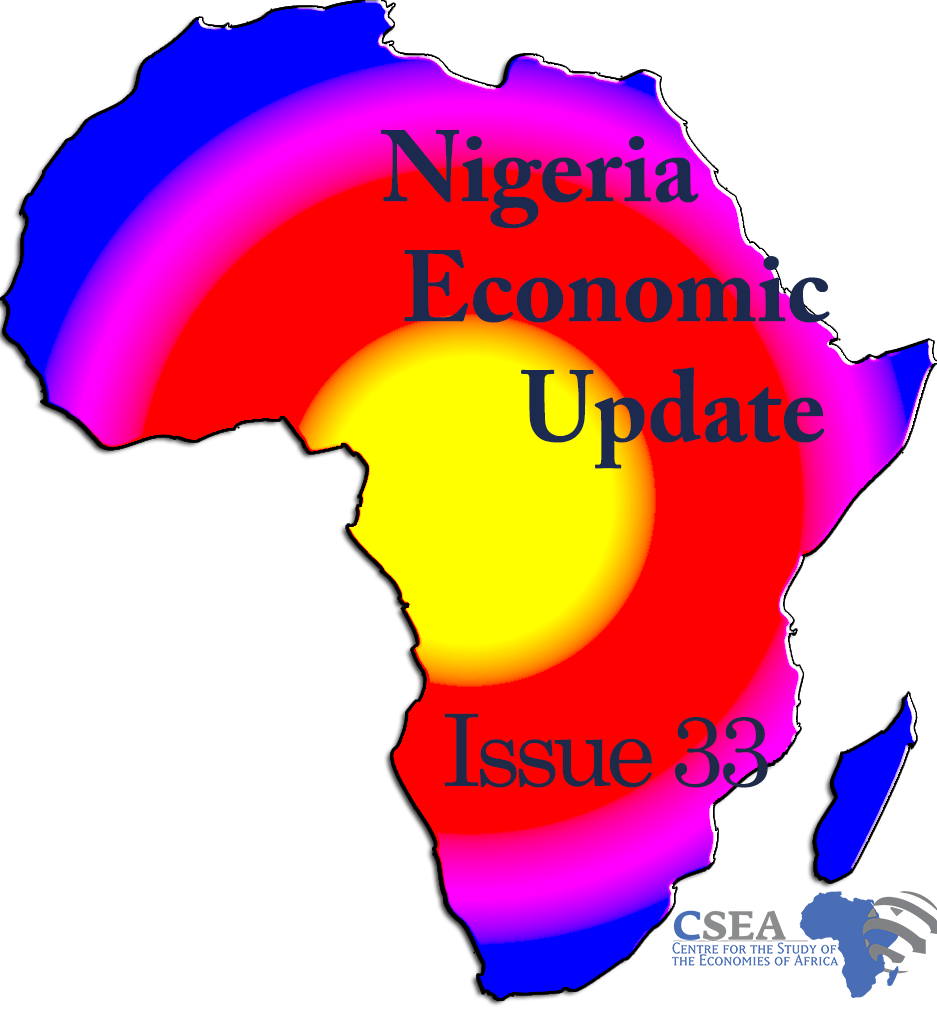
Recent reports suggest that a forex restriction on food imports into Nigeria will be implemented in the coming months1. The Apex bank had enlisted, in 2015, 41 items as invalid for foreign exchange at the Nigerian forex markets. This list is set to increase if the recent directive to ban forex for imported food items materializes. Although the key motivations behind the forex control measure include to boost local production, sustain forex stability, and conserve the foreign exchange, many underlying factors have been overlooked. Nigeria relies heavily on imported food items to meet demands of its over 180 million people, given the insufficient local food production capacity (the nation spends almost $4 billion annually to cover the food import bill2). Essentially, the current shortage in domestic food supply capacity cannot immediately replace the restricted imports. Also, the lack of structure and infrastructure for local food production sufficiency could create artificial supply gaps that are incentives to smuggling food into the country and shooting up prices and inflation. A rapid transition from smallholder farming to mechanised farming is required to stem the expected rise in food prices. While the Government promotes mechanisation through the private tractor-hiring enterprise, the programme has remained unprofitable to tractor owners as most clients are smallholder farmers. The tractor-hiring enterprise presents an entry point for international and local donor organizations active in the agriculture sector.
